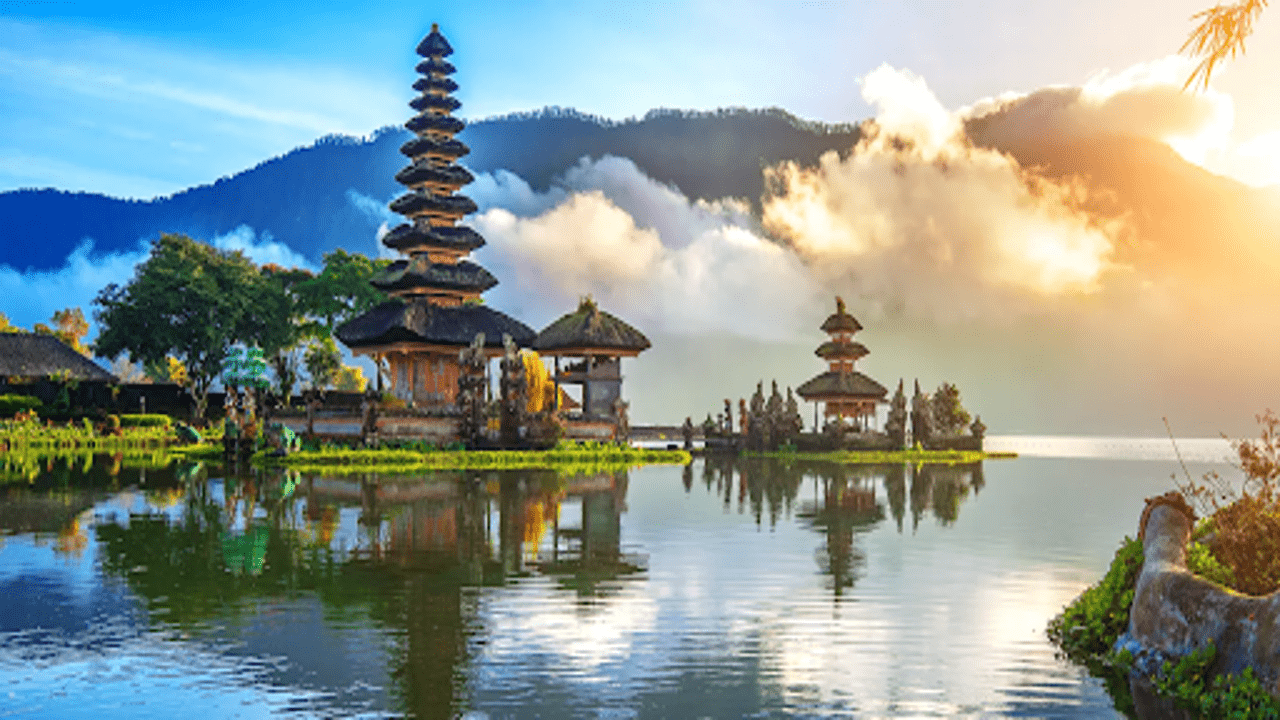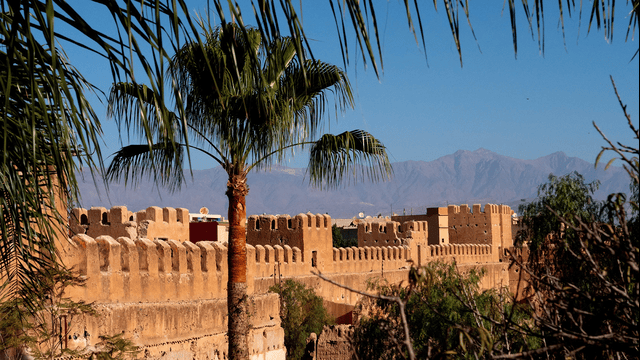
Pura ulun danu bratan temple in Bali, indonesia. Travel Pulse
Bali is taking new steps to tackle the challenges posed by overtourism, including a potential halt on new hotel construction. This decision comes as the island grapples with the strain of overdevelopment and seeks to enhance the quality of its tourism industry while preserving its cultural heritage.
Hermin Esti, a senior official from Indonesia's Coordinating Ministry of Maritime and Investment Affairs, confirmed that the government is considering a moratorium on building new hotels, villas, and nightclubs. This measure aims to address the negative effects of excessive tourism in specific areas of Bali. However, this restriction will not be applied island-wide but rather in selected regions most affected by overdevelopment.
The interim governor of Bali, Sang Made Mahendra Jaya, has proposed implementing this moratorium in four of the island's most crowded areas. While the exact locations for this restriction have not yet been disclosed, it underscores the government's commitment to managing the growth of tourism more effectively.
The timeline for this construction halt has yet to be established. According to a senior minister quoted by Detik, the pause could last up to 10 years, reflecting the seriousness of the island's overdevelopment issues. The government is also addressing broader concerns related to tourism, including the challenges faced by the approximately 200,000 foreign residents in Bali. These challenges include increased crime, competition for jobs, and further strain on the island's infrastructure.
Bali is not alone in facing overtourism problems. Cities like Barcelona and Venice have also implemented various measures to manage the impact of large numbers of visitors. In Bali, previous efforts to address tourism issues have included introducing a tourism tax. This fee, roughly $10, is intended to encourage better behavior among tourists by making them more aware of potential consequences, including deportation for serious infractions.
Overall, Bali's latest initiative reflects a growing trend among popular destinations to adopt more sustainable and culturally sensitive tourism practices. The goal is to balance the economic benefits of tourism with the need to preserve the unique environment and culture of these cherished locales.















